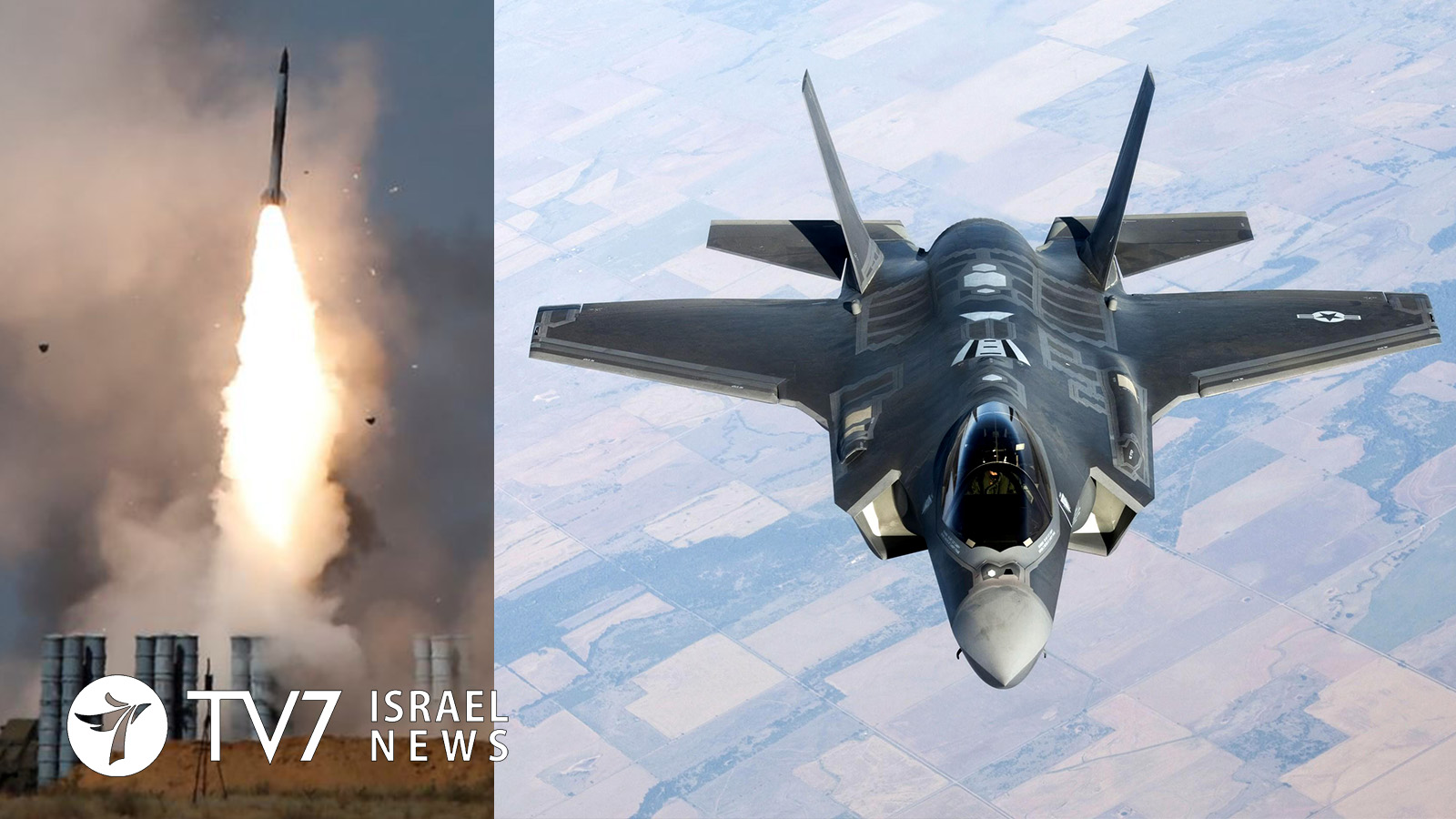U.S. Secretary of State Mike Pompeo stressed that while the United States will not reveal its intention regarding how it plans to address Russia’s delivery of its S-300 surface-to-air missile Systems to Syria, Washington views the move as “a very serious escalation” that presents greater risk to the stability of the Middle East. In Pompeo’s words, “I’m certainly not going to comment on our intention on how we will address that, but my comments before were true. Having the Russians deliver the S-300 into Syria presents greater risk to all of those in the affected areas and to stability in the Middle East. We consider this a very serious escalation.” The comments by the American top diplomat came in light of Russia’s delivery of the advanced missiles system to the Assad regime, which Moscow claims “aims at protecting Russia’s military personnel that operate in the war-torn-country.” The move has infuriated the U.S. Administration, which accused the Kremlin of breaching a ‘Cold War treaty’ that banned Russia from deploying ballistic missiles in the area. In contrast to Secretary Pompeo reluctance to reveal a possible American response, U.S. ambassador to NATO Kay Bailey Hutchison warned Russia that while Washington remained committed to a diplomatic solution, Moscow must halt its deployment of the S-300 to Syria, or else, the United States will seek to destroy it before it becomes operational.
Meanwhile in Jerusalem; a top Israeli official asserted that the Syrian acquisition of the S-300 would not hinder Israel’s “operational abilities” to prevent Iran’s entrenchment in Syria. In an interview to Israel’s Army Radio, Minister of Regional Cooperation Tzahi Hanegbi emphasized that “The operational abilities of the (Israeli) air force are such that those (S-300) batteries really do not constrain (Jerusalem’s) ability to act.” Referring to the F-35 Joint Strike Fighters that Israel began receiving from the United States over a year ago, Hanegbi said: “You know that we have stealth fighters, the best planes in the world. These batteries are not even able to detect them.” Hanegbi further noted that messages have been relayed to Damascus on multiple occasions, in which Jerusalem has “clarified that it will not step back from its commitment to prevent Iran’s entrenchment in Syria.” The Israeli Minister, who is also a non-voting member of Netanyahu’s security cabinet, pointed to the fact that Israel had already destroyed Syrian missile batteries, and is capable of doing it again if the need arises in the future. With regard to Israel’s military qualitative edge, Hanegbi underscored that the Russian systems were no match for the American-made F-35 stealth fighter-jets, which have become operational, within the Israeli Air Force, since last year. It is important to note that according reports revealed in 2015, Israel had trained against a Russian-supplied S-300 system in Greece, as Moscow had already deployed both S-300 and its more advanced S-400 surface-to-air systems in Syria, a fact that according to Minister Hanegbi, “had long been factored into Israeli (operational) planning.” based on the assessments, the Israeli Air Force will step up the use of its F-35 fighter-jets to deal with the threat. In response to TV7’s request for comment, however, the IDF emphasized that it does not comment on the its operational activities.
